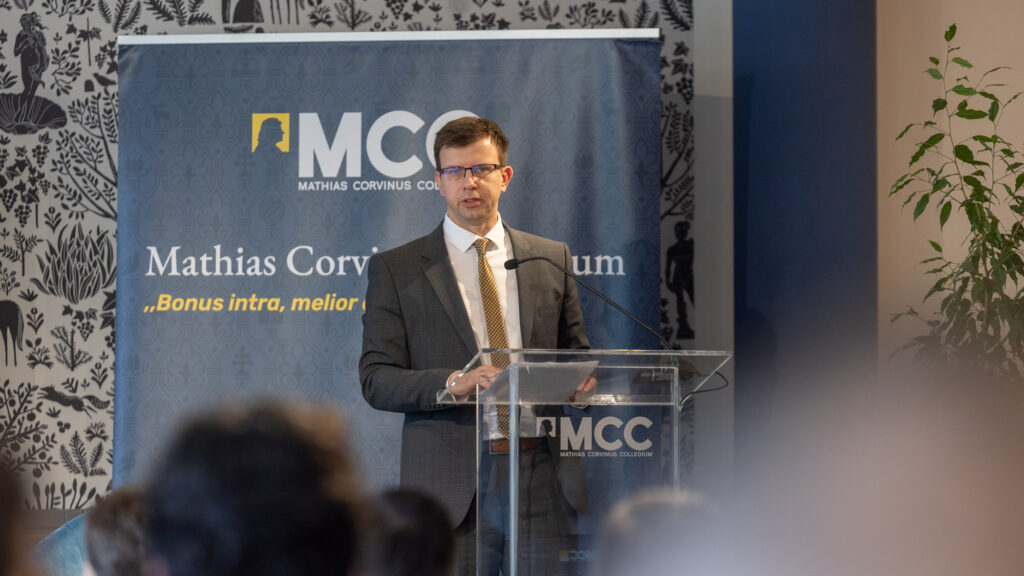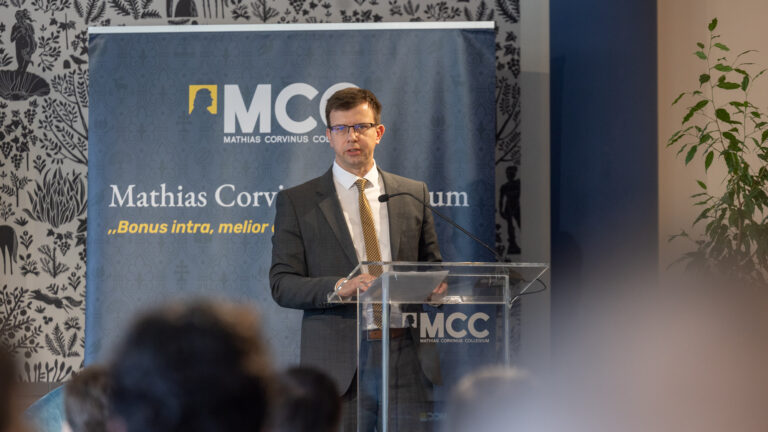Global technology platforms and their AI-powered solutions are exerting growing influence over the media industry, reshaping how people consume news, communicate, and entertain themselves. According to Hungary’s National Media and Infocommunications Authority (NMHH), the 2025 Media Market Report highlights that despite regulatory efforts such as the EU’s Digital Services Act, the imbalance between users and global platforms remains largely unchanged.
The NMHH report draws on the authority’s own analyses and commissioned research to offer a comprehensive overview of the current state of the media market, providing verified data to support transparency and public awareness. Its findings show that more than 80 per cent of Hungarian internet users aged 16 to 75 followed current affairs in 2024, mainly through social media and online news portals. Yet, only half of them verify the accuracy of information before sharing it, and one in five users never checks the credibility of what they post. Hungarian users remain far more active on social platforms than the EU average, with 81 per cent participating compared to 65 per cent across the bloc.
The report also focuses on the impact of digitalization on children’s media habits. Screen time among young people has remained steady during the week but increased significantly on weekends since 2020, with children aged seven to eight now spending about an hour more in front of screens. Parents’ main concerns include exposure to harmful content, cyberbullying, and downloading malware.
‘Artificial intelligence is driving both innovation and risk’
Artificial intelligence is driving both innovation and risk. The NMHH points out that while AI tools democratize content creation, allowing smaller creators to compete and boosting creativity, they also raise serious challenges, from disinformation and fraud to deepfakes that undermine trust in online content.
In the audiovisual sector, on-demand streaming continues to gain ground, while major platforms that once relied solely on subscriptions are shifting toward advertising-based models. This trend could sideline national productions, as global streaming services focus less on smaller language markets. Radio, celebrating its centenary in Hungary this year, remains popular, with about seven million weekly listeners spending nearly four hours daily tuned in. Meanwhile, online radio and podcasts continue to expand their audiences.
Print and online media outlets are struggling to maintain readership. Only 44 per cent of Hungarians over 16 regularly read newspapers, and online news sites are also seeing declines as users increasingly turn to apps and social media for information.
‘Print and online media outlets are struggling to maintain readership’
The advertising market mirrors global trends: digital ads dominate, and international platforms now control roughly two-thirds of Hungary’s online advertising revenue. Overall, the Hungarian ad market grew by 7.6 per cent in 2024, marking its first real-term expansion in five years.
The NMHH emphasizes the continued importance of access to Hungarian-language media for diaspora communities, noting that Hungarian minorities in Transylvania, Slovakia, and Vojvodina remain loyal to native-language outlets even in the online space.
This year marks the fourth edition of NMHH’s data-driven Media Market Report, which aims to foster professional dialogue and a deeper understanding of the rapidly evolving media environment. The full 2025 report is available on the NMHH website.
Related articles:







